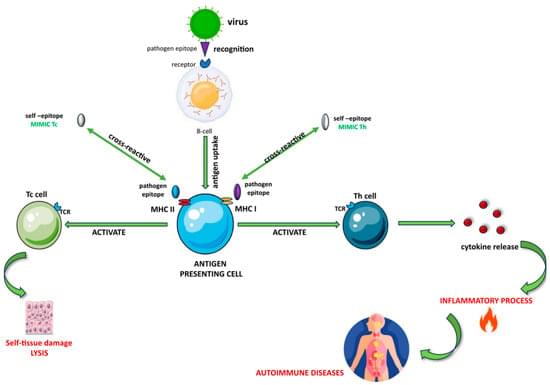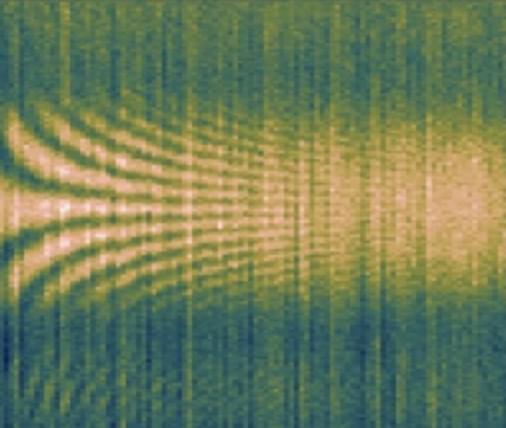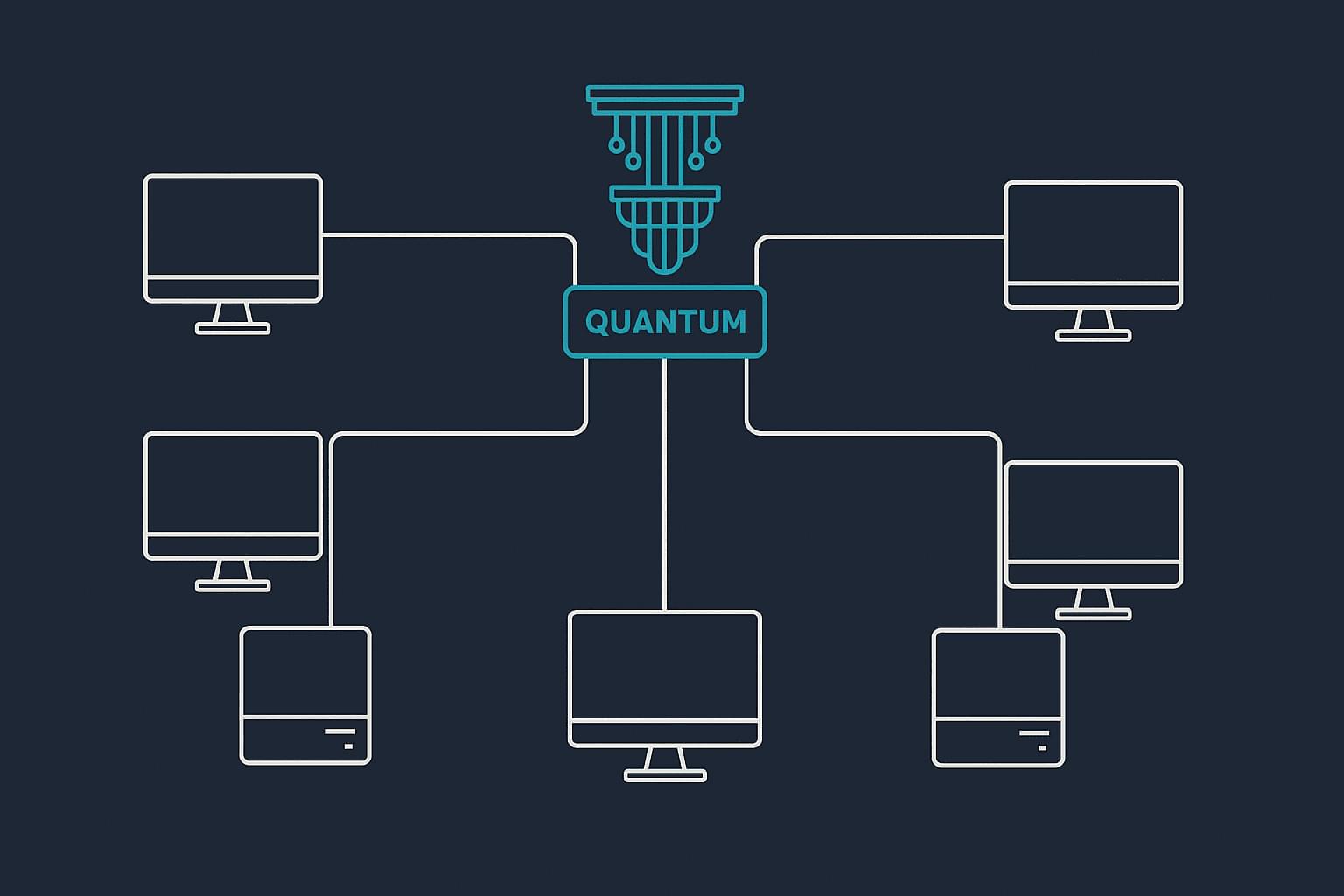Autoimmune diseases (AIDs) emerge due to an irregular immune response towards self- and non-self-antigens. Inflammation commonly accompanies these conditions, with inflammatory factors and inflammasomes playing pivotal roles in their progression. Key concepts in molecular biology, inflammation, and molecular mimicry are crucial to understanding AID development. Exposure to foreign antigens can cause inflammation, potentially leading to AIDs through molecular mimicry triggered by cross-reactive epitopes. Molecular mimicry emerges as a key mechanism by which infectious or chemical agents trigger autoimmunity. In certain susceptible individuals, autoreactive T or B cells may be activated by a foreign antigen due to resemblances between foreign and self-peptides. Chronic inflammation, typically driven by abnormal immune responses, is strongly associated with AID pathogenesis. Inflammasomes, which are vital cytosolic multiprotein complexes assembled in response to infections and stress, are crucial to activating inflammatory processes in macrophages. Chronic inflammation, characterized by prolonged tissue injury and repair cycles, can significantly damage tissues, thereby increasing the risk of AIDs. Inhibiting inflammasomes, particularly in autoinflammatory disorders, has garnered significant interest, with pharmaceutical advancements targeting cytokines and inflammasomes showing promise in AID management.








